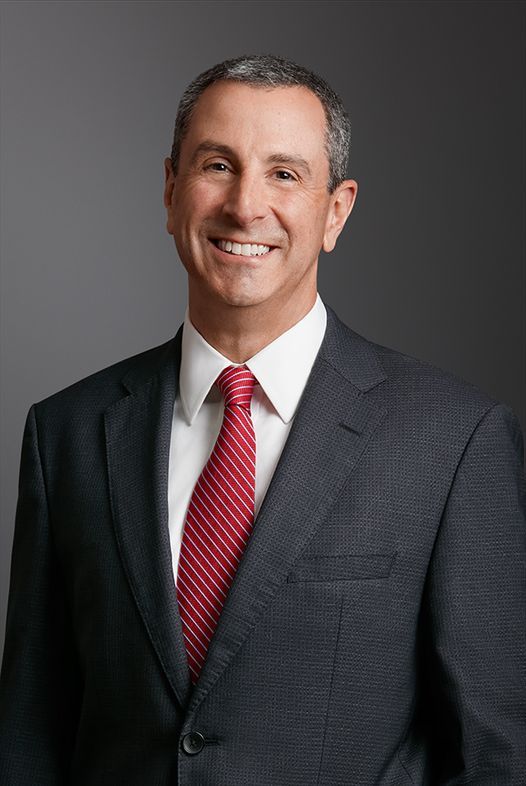ChromaDex Stands Out, But Not in a Good Way
March 29, 2024, 8:45 AM
By: Ted Mathias
The law of patent eligibility was pretty quiet for decades until the Supreme Court breathed new life into Section 101 invalidity challenges in a series of decisions starting in 2010 with Bilski v. Kappos. In its current state, the law has repeatedly been described as a “mess.” Courts have used more delicate language: "the law of patent eligibility has perhaps become unpredictable and unclear on the fringes." Finnavations LLC v. Payoneer, Inc., 2019 WL 1236358, at *1 (D. Del. Mar. 18, 2019). Although the rise of eligibility challenges has hardly been a boon for patentees, one silver lining is that, with the law so “unpredictable and unclear,” patentees that lose on patent eligibility are very rarely on the hook for attorneys' fees. They typically have some way of arguing that an adverse outcome on patent eligibility was far from certain, and an award of attorneys' fees would be unwarranted.
Chief Judge Connelly was having none of that in ChromaDex, Inc. v. Elysium Health, C.A. No. 18-1434-CFC, 2024 WL 1255520 (D. Del. Mar. 25, 2024). ChromaDex and its co-plaintiff, Dartmouth College, asserted patents in 2018 claiming an isolated form of a naturally occurring vitamin present, in non-isolated form, in cow's milk. But that argument faced a huge obstacle. Five years before ChromaDex filed its complaint, the Supreme Court held in Association for Molecular Pathology v. Myriad Genetics that merely isolating a natural substance does not give rise to patentable subject matter. 569 U.S. 576, 580 (2013). Worse, when Elysium filed its inevitable summary judgment motion based on Myriad, ChromaDex in Chief Judge Connolly's view “essentially ignored” the Supreme Court's “dispositive” holding. ChromaDex only referred to Myriad once in its summary judgment opposition, and the court described that reference as “confusing–if not misleading” because Myriad plainly foreclosed ChromaDex's argument that any change to the molecule rendered the resulting compound patent eligible.
Turning to the “exceptional case” standard for awarding attorneys' fees, the court concluded that “ChromaDex's litigation position generally and with respect to Myriad specifically was so lacking in substance that it ‘stands out’ from the dozens of [Section] 101 challenges I have encountered as a judge in the last five years.” The parties will now turn to determining the amount of fees that ChromaDex owes to Elysium.
In this case, ChromaDex's litigation position generally and with respect to Myriad specifically was so lacking in substance that it "stands out" from the dozens of § 101 challenges I have encountered as a judge in the last five years.

To subscribe to our publications, click here.
News & Insights
News & Insights
IPWatchdog Sixth Annual Live Conference
Speaking Engagement
Intellectual Property
ABA White Collar Crime Institute 2026
Speaking Engagement
GCR Live Cartels: 2026
Speaking Engagement
Antitrust
SCCE 14th Annual European Compliance & Ethics Institute
Speaking Engagement
Antitrust
Noerr Competition Day 2026
Speaking Engagement
Antitrust
Axinn Antitrust Insight: "New" HSR Form Remains in Effect For Now – Fifth Circuit Temporarily Freezes District Court Order that Vacated the New HSR Rule
Axinn Viewpoints
Antitrust
Consumer Brands CPG Legal Forum 2026
Speaking Engagement
NBA CLS 39th Annual Corporate Counsel Conference
Sponsorship
Antitrust
University of Pennsylvania Journal of Business Law Annual Symposium 2026
Speaking Engagement
Antitrust
Chambers Recognizes Axinn’s Antitrust Practice in 2026 Global Rankings — With New Recognition in Cartel Category
Awards & Recognitions
Antitrust

